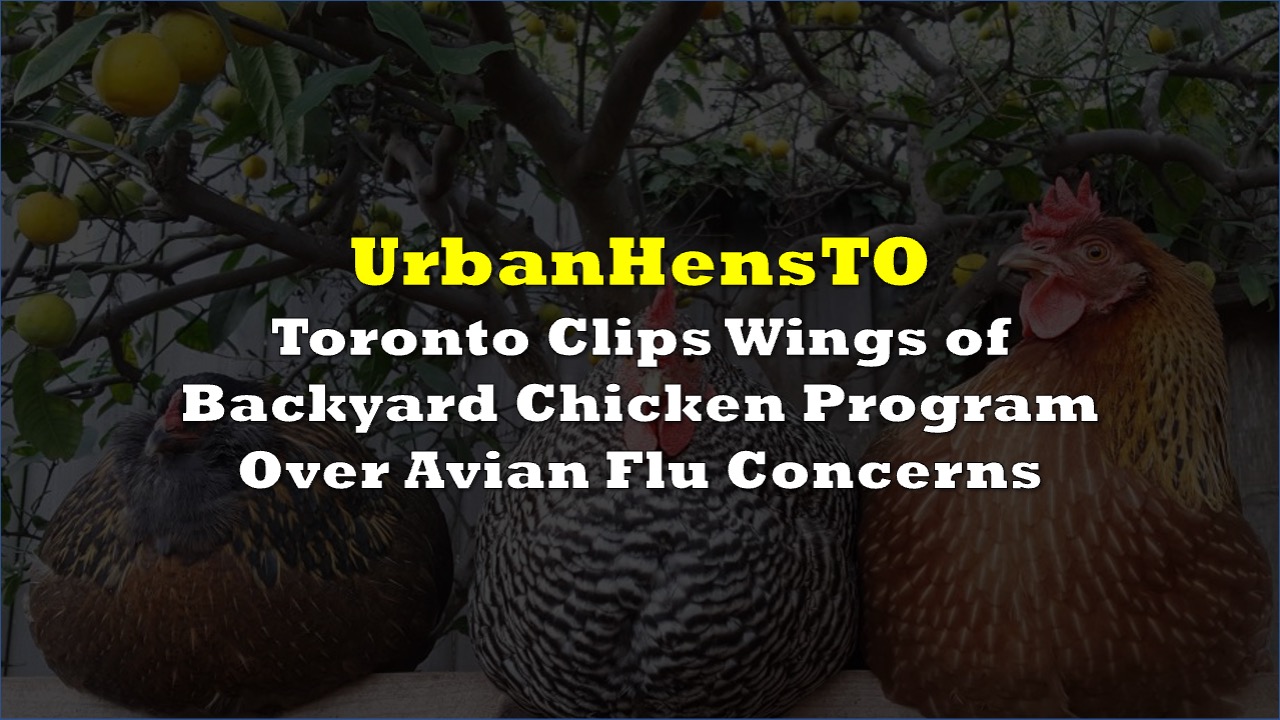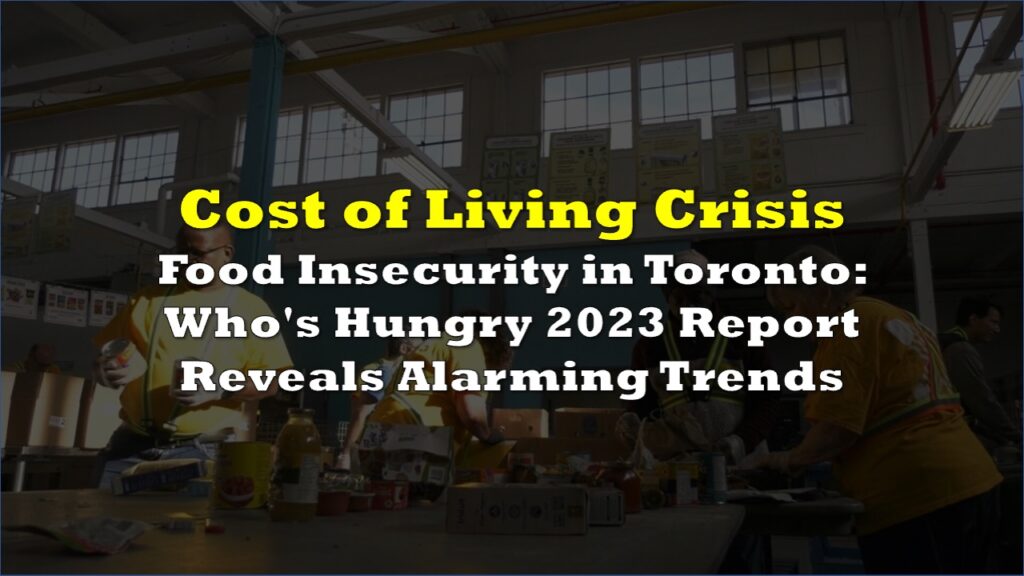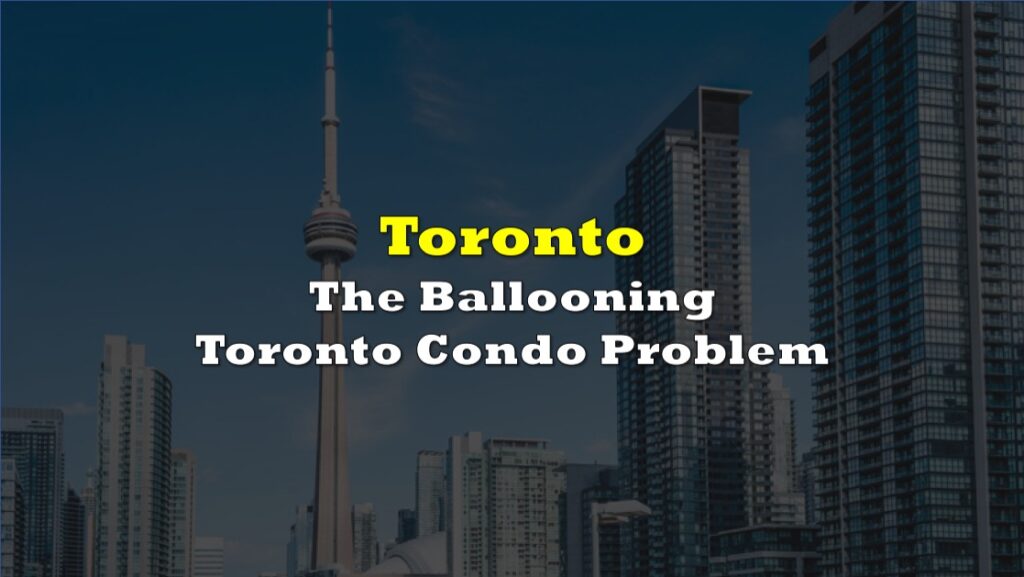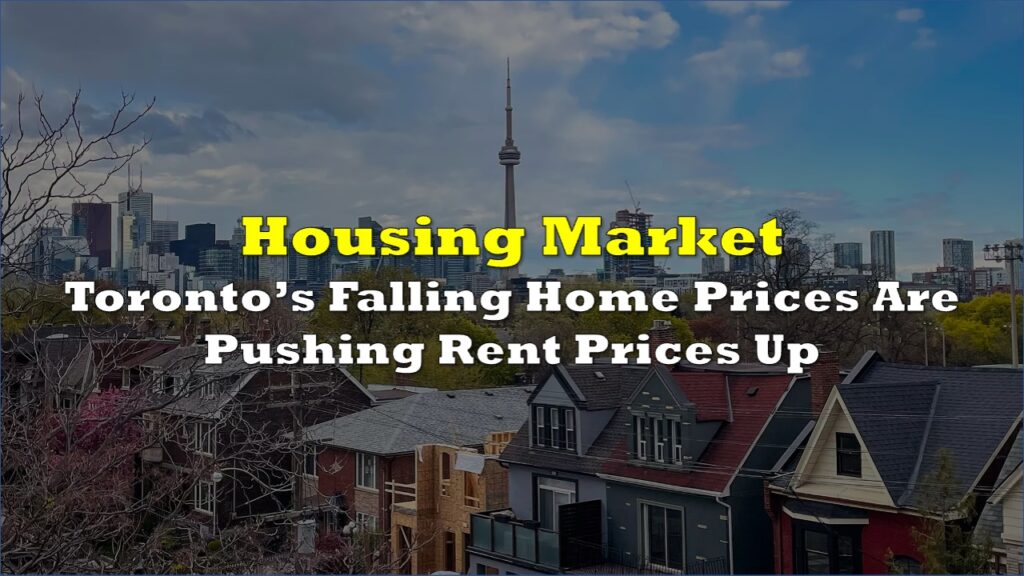Toronto’s backyard chicken pilot program, UrbanHensTO, will not be extended or expanded beyond its current mandate, according to a report presented by city officials.
The program allowed households in five of the city’s wards to keep up to four hens in their backyards for personal egg production and enjoyment, but concerns over disease transmission and costs have led to the decision to recommend ending the program.
The program, which began in March 2018, was extended a number of times after there were no significant issues during its operation. Last year, officials recommended making the program permanent and city-wide as participants in the pilot reported positive benefits, and only five complaints were made from the 202 households participating. There was also continued support for the program from the public.
RELATED: The Egg Crisis Is Making People Want to Start Backyard Farms — But Is It the Answer?
However, with the potential rise of Highly Pathogenic Avian Influenza (HPAI), city officials recommended reducing exposure to potentially infected hens and other wildlife to mitigate the risk of disease transmission.
The virus is known to infect several species of wild, domestic (chickens, turkeys, quails, guinea fowl, etc.), and pet birds. It has also been detected in mammals such as raccoons, striped skunks, red foxes, cats, and dogs.
The report also cites additional operational and animal welfare challenges. City officials said there are a limited number of veterinarians in the city to provide appropriate care, especially emergency care. They also pointed out that the costs needed to ensure community safety and address sanitary concerns are significant.
The pilot program officially expires on May 31, 2023. If the City Council decides to end the program, participating households will be allowed to keep their hens until the end of the animals’ lives. Households in other areas of the city will not be allowed to keep backyard hens unless their properties are zoned as agricultural lands.
Information for this story was found via CP24, City of Toronto, and the sources and companies mentioned. The author has no securities or affiliations related to the organizations discussed. Not a recommendation to buy or sell. Always do additional research and consult a professional before purchasing a security. The author holds no licenses.









